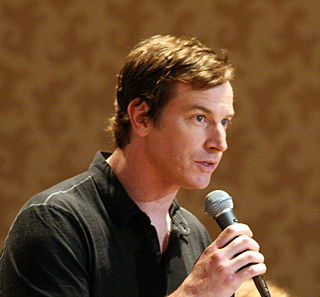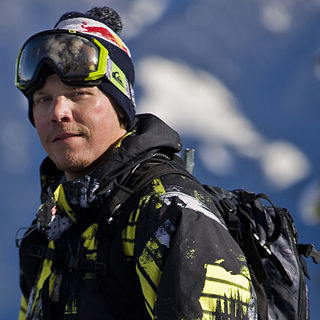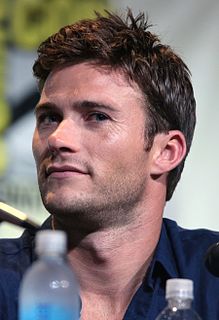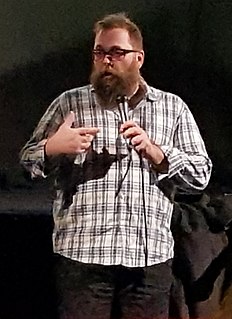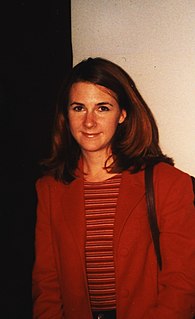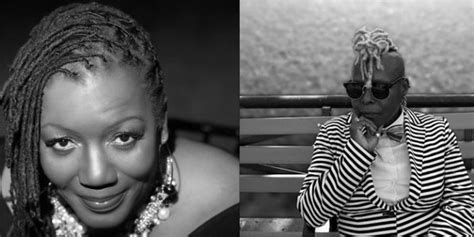A Quote by Shane Smith
You have to be dynamic. You have to be able to change. So a lot of times we'll go to a country or go meet people, and then while we're there, the story changes and you have to be able to go with that. And then the story comes out in the editing room, which is a very documentary sort of process - not how news works. So that's different.
Related Quotes
Inevitably it's always a set-up; you go somewhere, bring your own expectations, you think you have an idea of what you want to do but then the minute you get there everything changes, so trying to work with people who are able to ride in a lot of different conditions, sub-par conditions, people who are able to make the most of any situation.
To be really in shape, it's dynamic. It's got to be a lot of different everything, always switching it up. So a good day for me would be hit the gym, do some sort of cross training in the gym and then go surfing and then maybe take a jiu-jitsu class at night or go swimming at night or go stand up paddle boarding in the evening.
I think because it is a very well-saturated story,episode of Justified in Hannibal, and we've all heard it in some frame of a story, we've heard the urban legend of waking up in a bathtub with a kidney missing. It felt like if we are telling an organ-harvesting story, it was really about quickly selling the iconography of an organ-harvesting story, and then being able to mask that as a perfect way for Hannibal Lecter to go shopping for his menu.
I fundamentally believe that no one can teach you how to write - finding out how to write a story is part of the process of creating a story - but you can really learn through exposure to different writing, to different art forms, to different modes of storytelling, and with mentors who are able to get you to step outside your comfort zone.
My worlds are completely different. Painting is a peaceful world, and it's a different vibe than having a great match. You are able to look back at what you created when you finish. Recording music is an entirely different monster. When you finally write something, you do a demo and then you go into the studio. Doing the master version, that's the best feeling ever - especially when you're so proud of what you've written, and you can't wait for people to hear it. That's actually very similar to trying to tell a story in a wrestling match.
The house has to be clean and in order because I have to be able to sift through the creative disorder in my mind. The mental disorder that I'm exploring has to bounce off the walls. It has to go in and out of different rooms. If the room is not in order, then I can't distinguish which is which, and that really drives me crazy.


